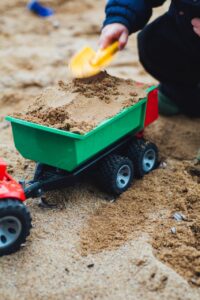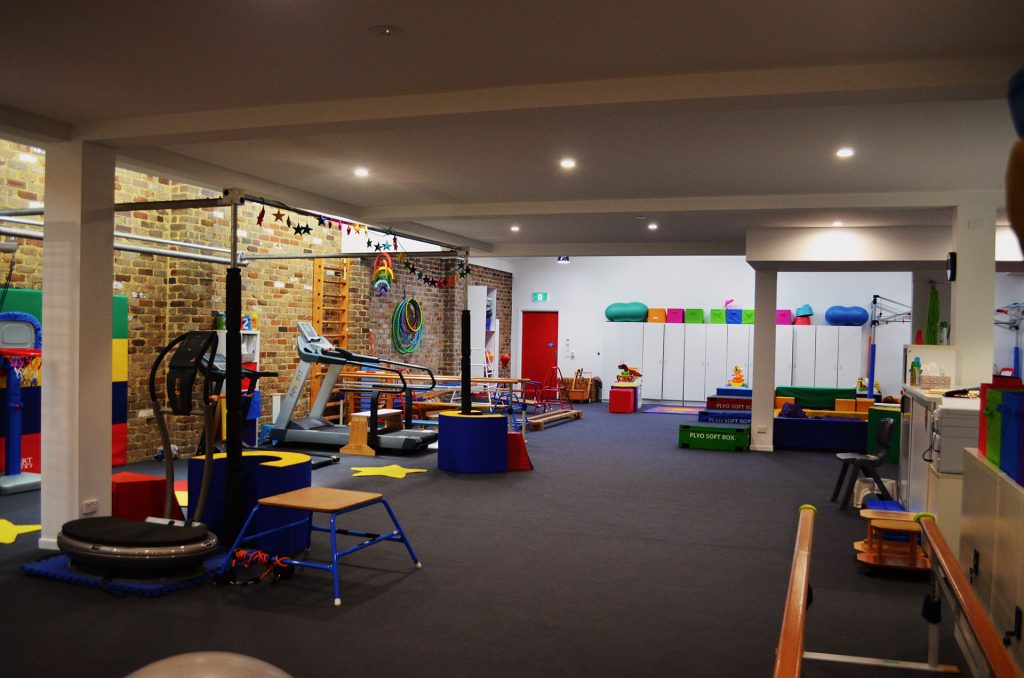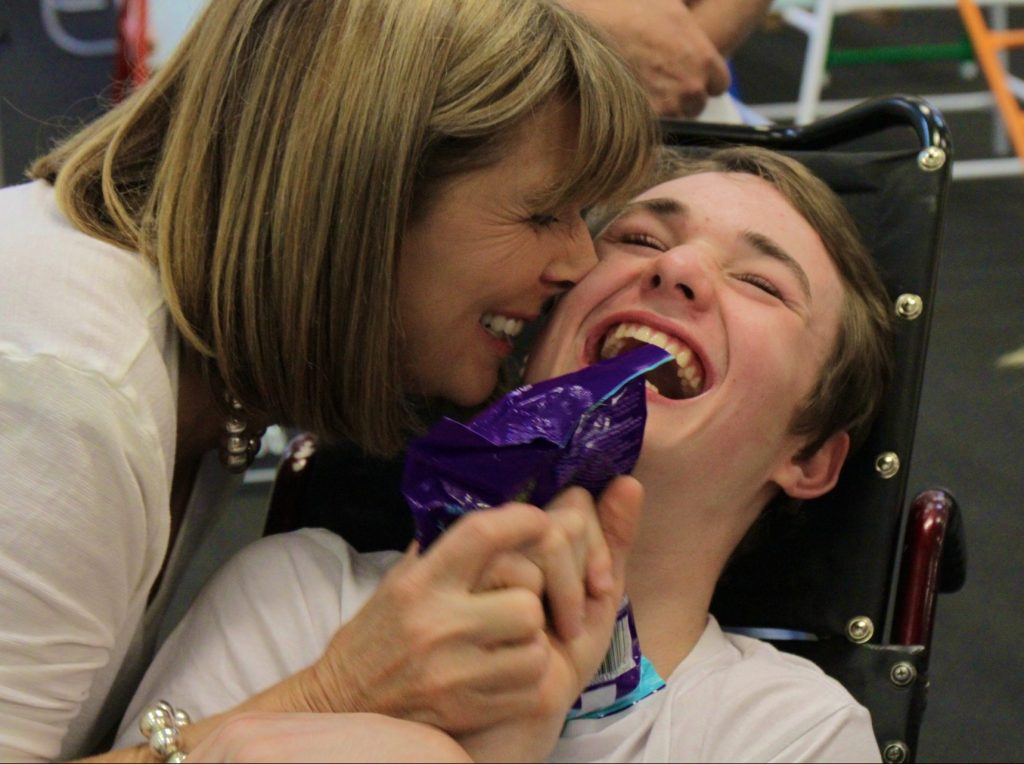Five reasons to encourage pretend play:
1. To encourage imagination and creativity:
- Builds a child’s ability for flexibility and then creativity.
- How to think for themselves.
- Helps children understand another point of view.

2. Supports social and emotional development:
- As they pretend to be different people or control objects, they are practicing social and emotional roles of life.
- They learn how to walk in someone else’s shoes – often mum or dad.
- Develop self-esteem and self-awareness.
- Learn how to recognise and respond to others feelings when involved in group imaginary activities.

3. Improves language and communication skills:
- They learn new language that they might not encounter every day.
- It’s fun and provides opportunities for discussion.
- Gives them control and can help decrease anxiety as language becomes more familiar.
- They have to communicate their thoughts to others – an essential social skill.
4. Develops thinking, learning, and problem-solving abilities:
- By the nature of pretend play, children are presented with problems and scenarios to solve or plan.
- How to cope/change when something doesn’t go to plan in a game.
- Develop their memory.
- Abstract thinking – when an object/person takes on a different meaning.
5. Enhances physical development:
- Often physical – e.g. being an aeroplane, climbing ladders as a fire fighter, etc.
- Fine motor skills developed while feeding and dressing a doll.
- Learning about rough and tumble and limits.

How to encourage pretend play:
- Play together face to face so your child can copy your gestures/pretend actions.
- Follow your child’s lead – play with things your child is interested in.
- Keep it simple – repetition is fun.
- Take turns – the play becomes a “conversation.”
- Choose the right toys.
- Introduce new ideas when they can link ideas together – e.g. if they like to play with cars, take them to the mechanic.
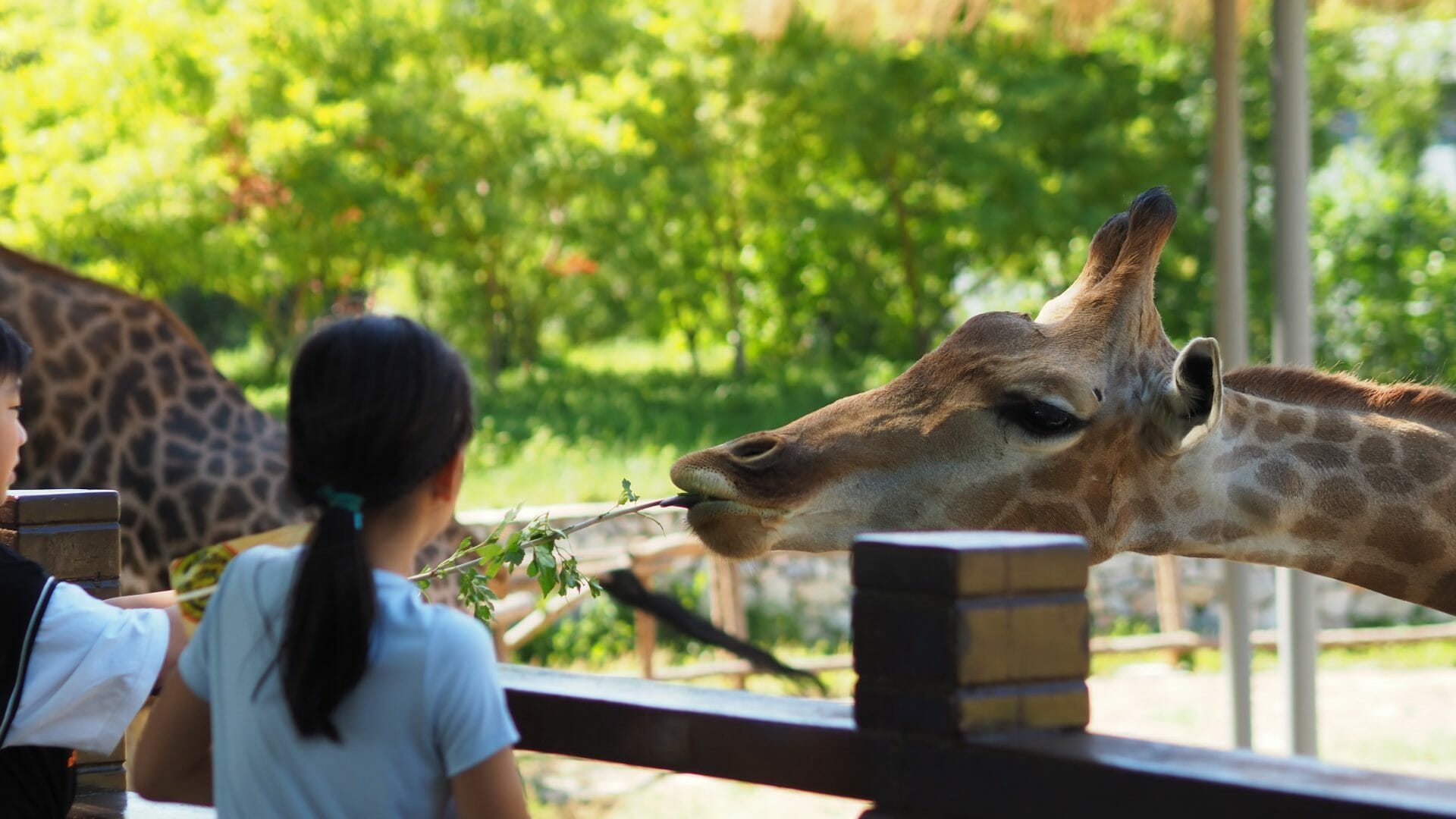
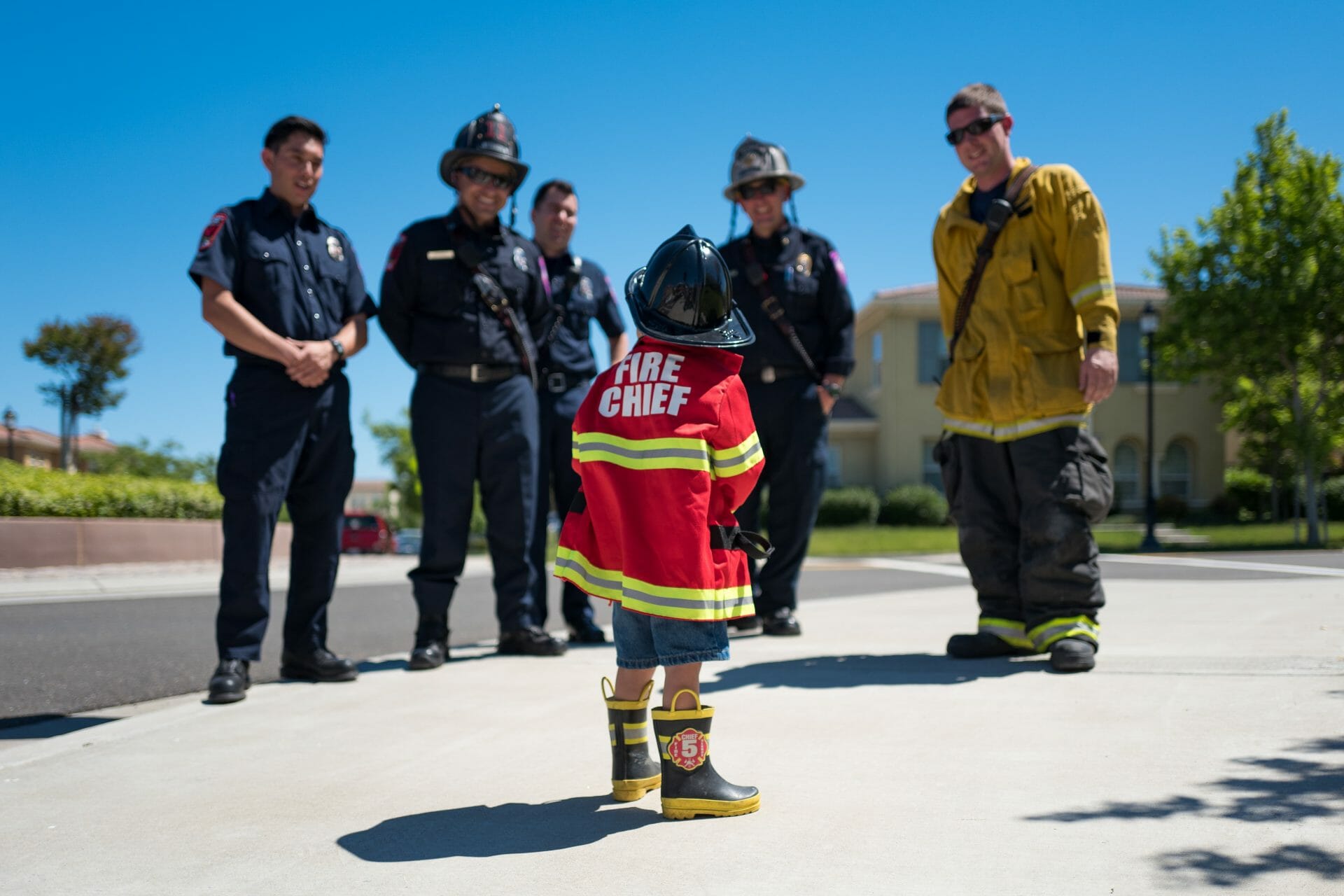
Benefits of pretend play:
- Allows you new ways to connect with your child.
- You can follow their lead and join in with their interests.
- Motivating and connecting for all involved.
- Helps your child think symbolically.
- Develops critical thinking.
Toys for pretend play:
- Vehicles (not just for boys!)
- Common in children’s lives – so good for simple pretend.
- They can put a driver in and go to the mechanic.
- Use a shoe box to make a car/bus.
- Playdough – In early play, make simple/familiar objects. Later, make food for the tea set, make roads, etc.
- Costumes and props – old hats/shoes/scarves/coats. Bags/briefcase/boxes for store/shop, etc.
- Favourite stuffed animal or doll – great for feeding and pretending real life situations.
- Puppets – moving parts help them come to “life.”
- Encourages joint/peer play in older children.
- Blocks and lego – initially might build simple and familiar objects (e.g. house/car). Later might “pretend” that individual blocks are something real (e.g. a bed/food for animals, etc.).
- Toy food/dishes/groceries – initially feed the animal, later then a restaurant, have a tea party.
